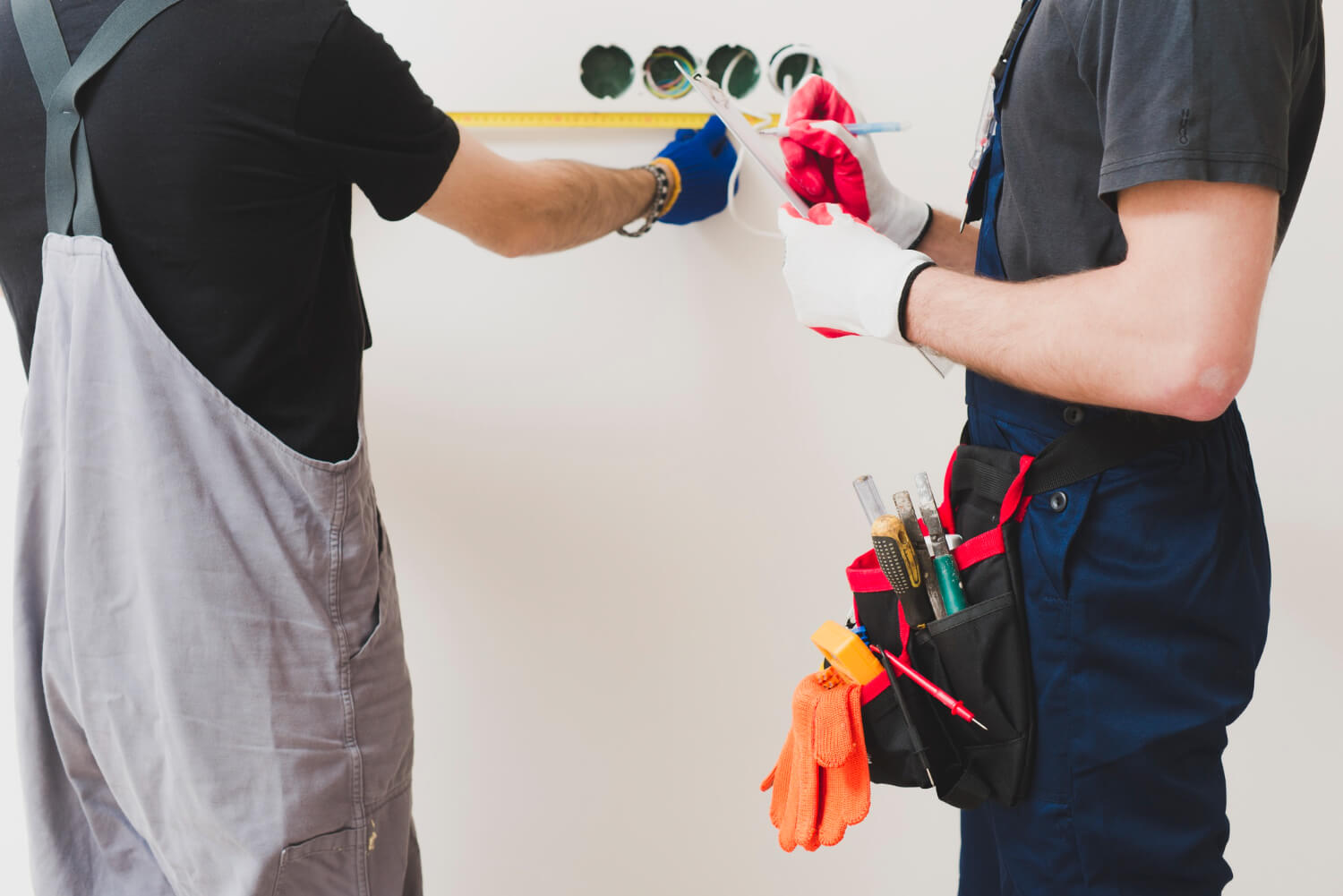Emergency home repairs don’t wait for the right time. A sudden burst pipe, a leaking roof, or a broken HVAC system can easily disrupt your routine and your budget. These urgent repairs often come without warning, making them more stressful than planned upgrades or maintenance.
Many homeowners find themselves scrambling for fast solutions while trying to protect long-term financial stability. The key lies in finding that balance, handling the repair while not impacting your overall financial health.
Being financially prepared does not mean having unlimited savings. It means using what’s available wisely, understanding the cost of the repair, and tapping into the right tools and resources. Each situation may demand a slightly different solution, but the framework remains the same: assess, prioritize, and act without panic.
Recognizing The Most Urgent Repairs
All emergency repairs feel urgent, but not all deserve the same level of financial focus. Knowing where to draw that line can keep your finances intact.
Situations That Cannot Wait
Issues involving plumbing, electrical, or structural damage should never be postponed. These problems can worsen quickly and cause more costly complications. For instance, a small roof leak during heavy rain can lead to mold or rotting beams if ignored. Acting fast helps avoid layered expenses.
Repairs That Give You Breathing Room
Some home issues look urgent, but allow for a short grace period. A broken dishwasher or garage door opener may affect convenience, but they won’t threaten the home’s livability. Prioritizing repairs based on risk helps stretch your funds without creating unnecessary pressure.
Exploring Funding Options Without Panic
Once the problem is identified, the next step is covering the cost without derailing your budget – or your life.
Using Emergency Savings
An emergency fund is your first line of defense. If you’ve set one aside, now is the time to use it, no guilt, no hesitation. The fund exists for exactly these moments. Just make sure you track what you spend, so rebuilding it later becomes part of your recovery plan.
Tapping Into Credit
Not all credit is equal. A low-interest credit card or a home equity line of credit may help in a pinch, but only if the repayment terms are manageable. Borrowing from online lenders like CreditNinja.com can be another option, especially when traditional banks require lengthy approvals. Fintech platforms like CreditNinja often provide faster decisions and flexible terms suited for emergency repairs. However, make sure to review all rates and repayment conditions carefully. Borrow only what you can comfortably repay within a short window.
Getting Quotes And Understanding The Scope
Most homeowners feel pressure to act quickly, but rushing into a repair without understanding the cost can do more harm than good. Knowing the full scope and cost helps you make smarter financial decisions.
Always Get Multiple Estimates
An emergency doesn’t mean skipping due diligence. Call at least two or three licensed contractors to compare pricing, timelines, and warranties. Transparent quotes often reveal where companies are padding costs or skipping steps.
Ask About Financing And Payment Plans
Many reputable contractors offer in-house financing or staged payment options. This can give you more time to gather funds without stalling critical work. It’s also an opportunity to see who is flexible and who expects full payment upfront. Asking these questions early gives you leverage. Remember, information is power.
Maximizing Insurance And Coverage
Before spending out of pocket, check your homeowners’ insurance and home warranty documents. Many homeowners forget they have partial or full coverage for specific emergencies. If coverage applies, you could save hundreds, perhaps even thousands.

Home insurance policies vary, but they often cover damage caused by weather, fire, or theft. Water damage, for instance, is usually covered if it results from a burst pipe, but not if it’s due to poor maintenance. Knowing these distinctions avoids time wasted on claims that won’t be paid.
Timing matters. If your policy covers the incident, notify your insurer as soon as possible. Document the damage with photos and detailed notes. Insurers often require this before dispatching adjusters or approving repair work. Keep receipts for materials, labor, and emergency visits to strengthen your claim.
Budgeting Recovery And Staying On Track
Paying for emergency repairs is only one part of the equation. Getting back on financial track requires deliberate follow-up. Even if you used savings or borrowed money, the goal is to prevent a single emergency from becoming long-term instability.
Once the repair has been dealt with, set a target to restore any emergency funds used. Even small monthly deposits can make a difference over time. Prioritize this ahead of non-essentials so the next unexpected issue doesn’t hit as hard. Consistency here matters more than speed.
Look over the rest of your monthly expenses and identify areas for short-term adjustments. Maybe cut back on dining out or delay a subscription renewal. Small sacrifices now can free up cash to cover recent outflows. This gives you breathing room without disrupting your larger financial goals.
Proactive Maintenance Is Still The Best Defense
Staying prepared doesn’t just mean saving money. It also means preventing avoidable emergencies through regular home maintenance.
Most costly repairs stem from small issues that were overlooked. Before each major season change, inspect key areas like roofing, plumbing, gutters, and HVAC systems. These checks help identify wear and tear early, so you can fix small issues before they escalate. Regular maintenance can also keep your home insurance valid and in good standing.
If you notice a minor crack, leak, or warning light, don’t wait. Schedule a professional visit sooner rather than later. The cost is usually lower when the problem is caught early. This keeps your budget manageable and helps maintain property value over time.
Finding Stability Through Smart Choices
Emergency home repairs don’t have to wreck your finances. Even without a large cushion, you can navigate urgent issues with planning, discipline, and the right help. Know your resources, weigh your options carefully, and act with confidence, not fear.
Being financially prepared isn’t about avoiding emergencies. It’s about being ready to meet them head-on, without losing control of your future.






